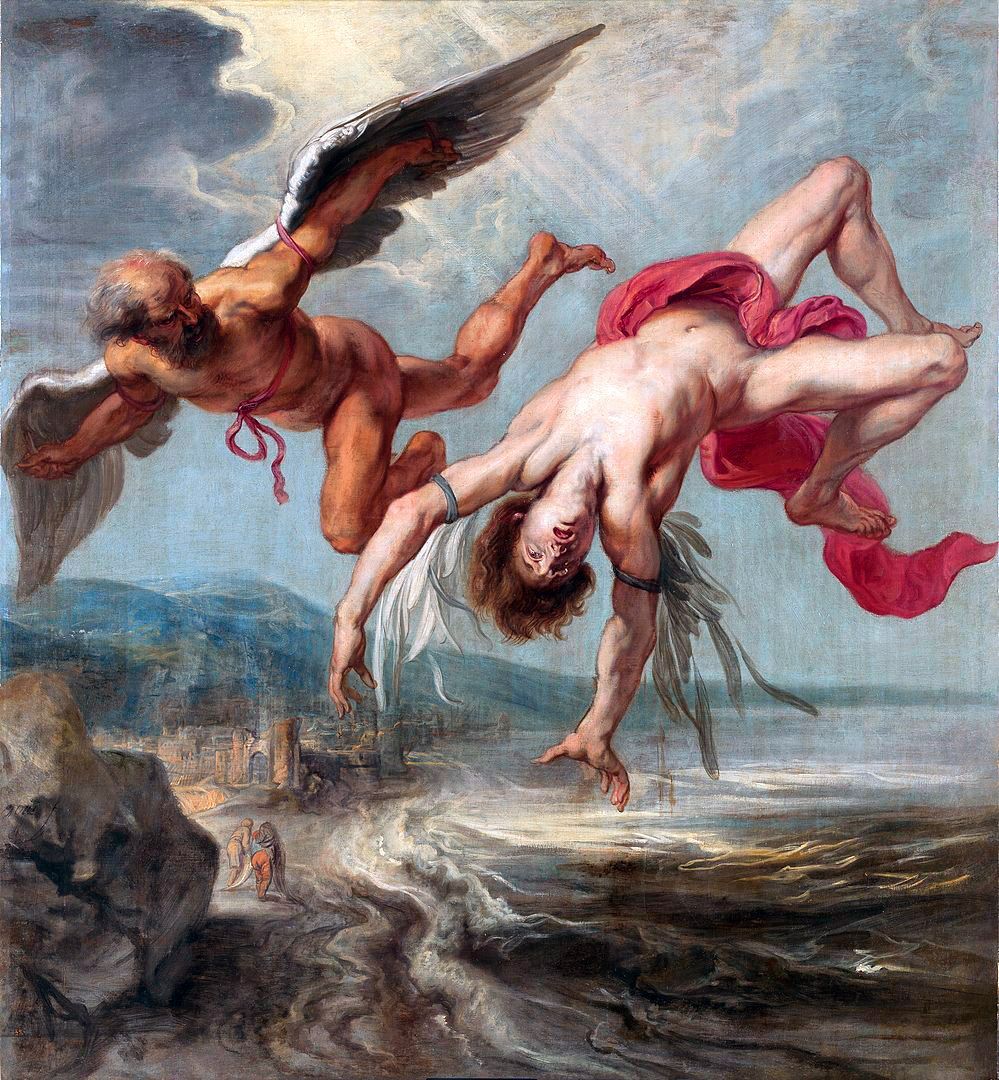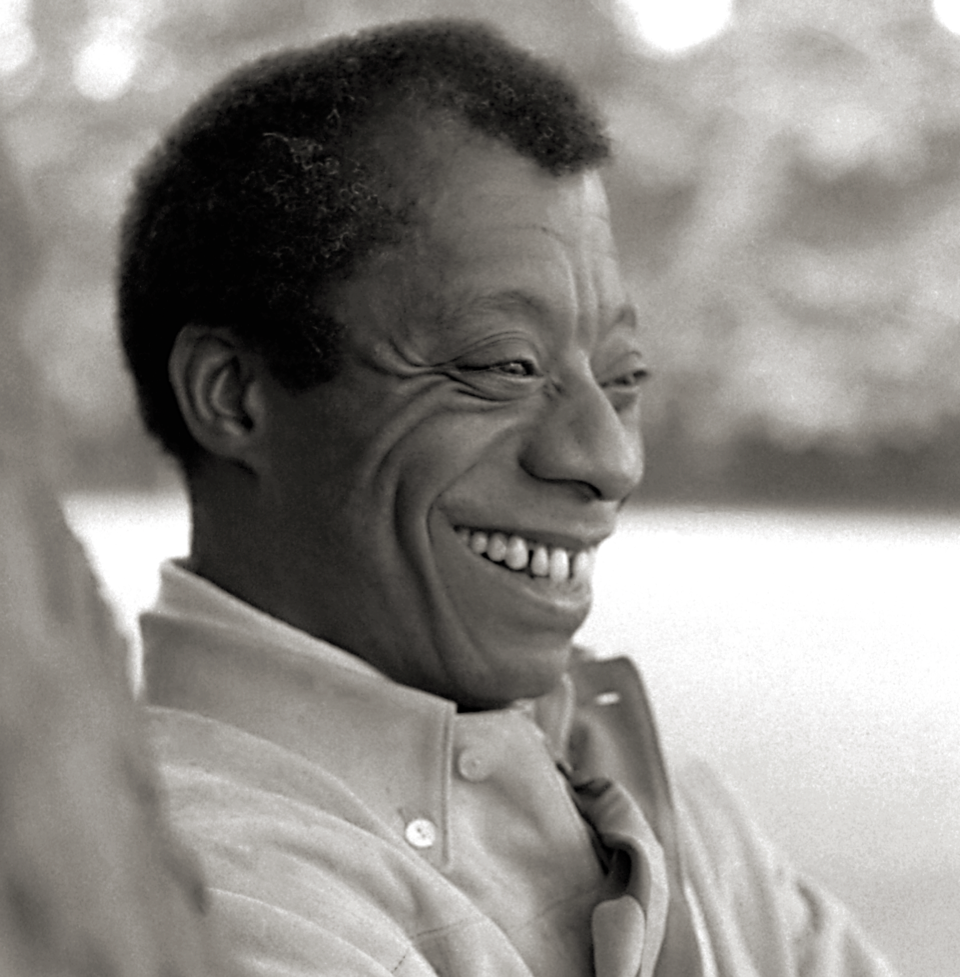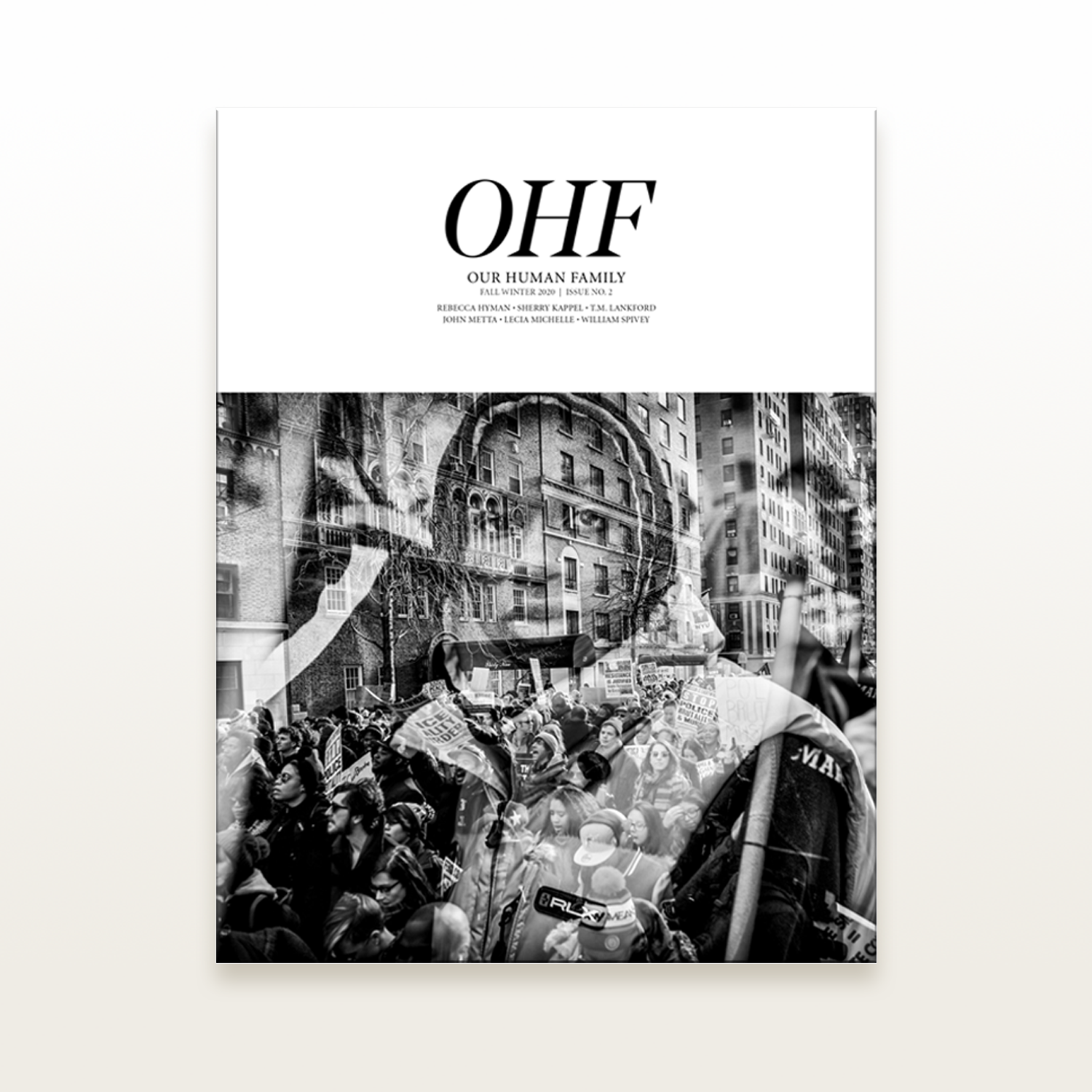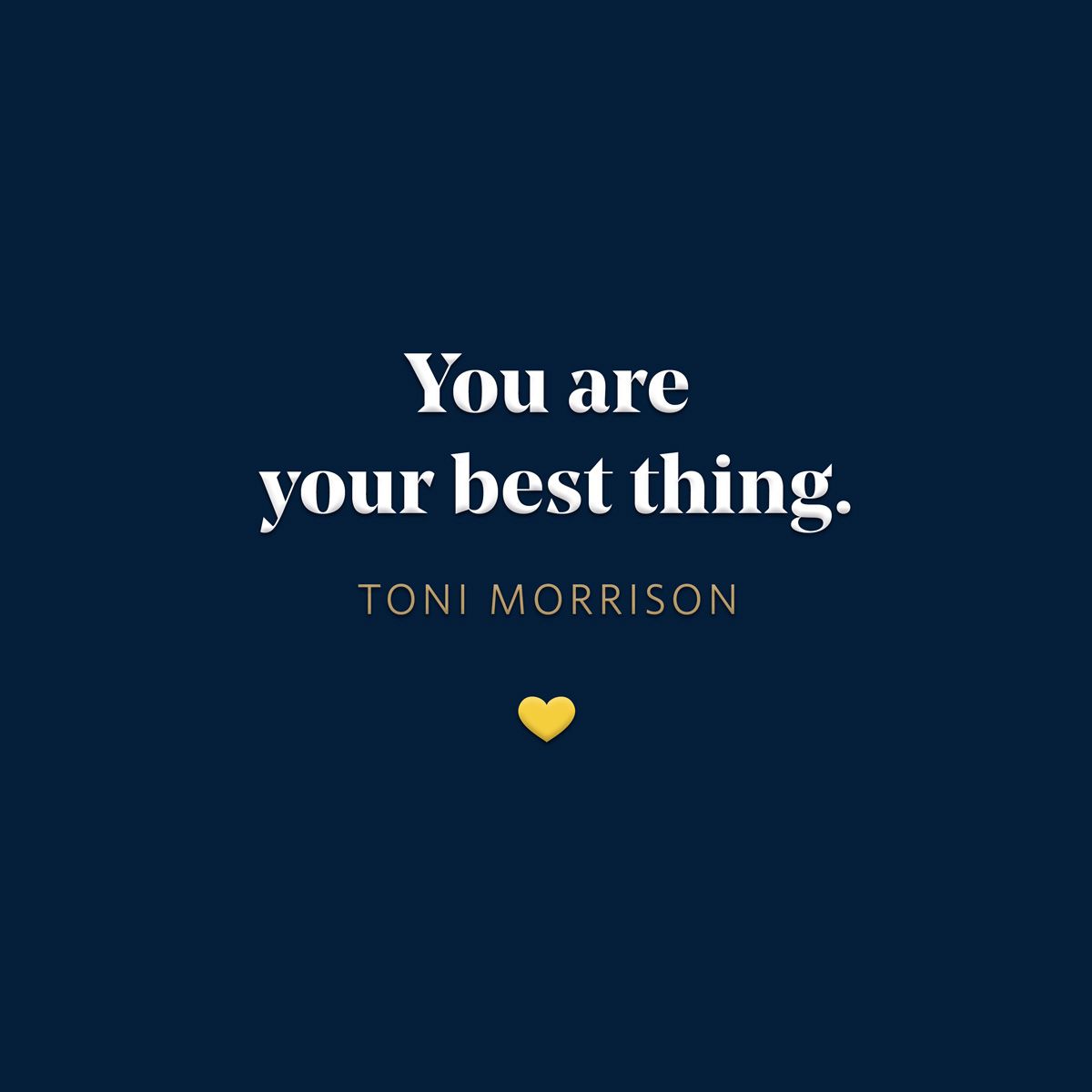|
Volume 4 Number 32: In this issue, the ugly side of “allyship”; remembering Nichelle Nichols, Bill Russell, James Baldwin, and a quote by Toni Morrison. Letter from the Editor💛 Hey Reader, If you’ve been a reader of OHF Weekly for any period of time you know we’re all about racial equity, allyship, and inclusion. And while we don’t claim to know it all, we are committed to educating ourselves about the various lived experiences of marginalized people. With that we strive to be a conduit for sharing those experiences and points of view our readers might otherwise miss. As people of various ethnicities who have been committed to antiracism for a number of years, we like to think that we have a firm grip on what’s crucial in racial equity, allyship, and inclusion. With OHF Weekly’s initial launch as Our Human Family, we leaned heavily into “equality” of rights, freedoms, opportunity, and access for all people regardless of ethnicity, gender, religion, age, sexual orientation, or physicality. That’s the way America is supposed to work. (Yes, originally the Constitution extended those rights and freedoms only to land-owning white men, but that’s a story for another day.) Over time, we’ve focused our message on racial equity, allyship, and inclusion as related primarily to Black people, but not at the exclusion of other marginalized groups of people. It just so happens this is the house that’s most engulfed in flames in America. (Translation: Black people still incur the greatest degree of racial discrimination and prejudice of all People of Color in America.) White privilege is the reason antiracism exists and should never be lauded, desired, or perpetuated.
There’s a tendency among white folks to announce how they’re using their white privilege to accomplish X, Y, or Z in the name of allyship. While I can only assume these proclamations are well-intended, I can’t deny that as a Black man these declarations hit me like a brick in the face for several reasons. If your declaration of allyship begins with “I,” that’s not allyship. That’s self-promotion. For those of you out there thinking, Dude, you’re telling us not to self-promote and you just did the very same thing. Au contraire, mon frere/soeur. Allyship is active support of a group one is not a member of. When people within a marginalized group educate and influence society about public policy, that’s advocacy. Big difference. The purpose, motivation, and raison d’être for allyship are to support marginalized people in creating a racially equitable world by eliminating systems like, you know . . . racism and white privilege. Allyship is not a one-off activity done only in the presence of out-groups. It is a lifelong commitment to standing up for racial equity when the opportunity does—and doesn’t—present itself. And can be most effective in shaping the views of family and close friends. White privilege, in and of itself, is something to be dismantled. Why? Because. White privilege mandates that one group of people is afforded access, benefits, and comfort for no other reason than the color of their skin. Regardless of whether they want or merit it. And at the exclusion of all others. White privilege is the reason antiracism exists and should never be lauded, desired, or perpetuated. And under no circumstances should it be the platform for anyone’s good works. Privilege is the horse white folks ride through life as we follow behind on foot.
This is what galls me. Everyone—and in this instance, I mean everyone at least ten years of age in America—understands how white privilege works. It’s a given that most people may not be able to define the concept at first blush, but we all know it when we see it. Especially Black folks. We knew white folks had privilege long before they did. We don’t need to ever have it mentioned it to us. We see it and live in its wake daily. Privilege is the horse white folks ride through life as we follow behind on foot. As a courtesy, think of it this way: Every time a white person mentions that they have privilege in earshot of a Black, Indigenous, or Person of Color, an angel loses its wings, plummets to Earth, and crashes into the jagged boulders of white supremacy. Let’s say I and all Black folks in America wake up every morning and receive $1,000 deposited into our respective Venmo/CashApp accounts, but you and other non-Black folks don’t. And let’s say, one day I announce, tweet, or publicly declare, “You know that stack of cash all Black folks get, I’m breaking off $10 for my non-Black friend over here—because that’s what America needs!” Aren’t I wonderful? A real prince, right? When executed correctly, the focus of allyship is neither the ally nor the privilege they may leverage.
Do you see how ridiculously self-serving that is? It diverts the attention away from the act to the actor. And sharing a benefit is a nice gesture but the inequity still exists because the privilege—my receiving $1,000 every week while you’re not—is still in play. It’s not my fault that I’m getting the money. I don’t do anything to earn the money. I don’t need the money. I don’t even want the money. But in this analogy, the America says I’m a recipient of this perk because my skin is Black, I and all Black folks are given this perk, and will always be given this perk. And white folks won’t. See? People should engage in allyship because replacing racism, prejudice, and white privilege with racial equity and inclusion is the right thing to do. In that old familiar exemplar, the Scout helps the little old lady across the street, not for a merit badge or adulation, but because doing so is right. The act is its own reward. The same holds true with allyship. When executed correctly, the focus of allyship is neither the ally nor the privilege they may leverage. It is the people they support. The point is to make America a more equitable place. Black people don’t want your allyship because of your white privilege. Your allyship is accepted despite your privilege and because it’s the right thing to do. Allyship is not about you. Love one another. Clay Rivers
OHF Weekly Editor-in-Chief
New This Week With the recent deaths of Nichelle Nichols (eighty-eight years old) and Bill Russell (eighty-nine years old), the third anniversary of Toni Morrison’s passing, and what would be James Baldwin’s ninety-eighth birthday, this week has been one roiling with emotion. But we must press on. Why all the “feels” for people we did not know personally? These people, and many more, are more than famous personalities. They are trailblazers. These actors, athletes, and writers are giants in the American landscape of history. They went where society told Black people we could not go. And along the way, they accomplished what hadn’t been dreamed of. There is a kinship that comes with the shared struggle against racism and discrimination that makes them more than celebrities and icons. That kinship makes them our ancestors. If you’re unfamiliar with any of these greats, we encourage you to scratch the surface of their legacies by diving into this week’s articles or exploring our new Ancestors tag. We celebrate the life, literature, and legacy of the incomparable James Baldwin, one of America’s most impactful and prescient writers, and share works by John Metta, William Spivey, and Rebecca Hyman that honor Baldwin’s “A Letter to My Nephew.” Originally published in OHF Magazine Issue No 2, these works highlight Baldwin’s insight into the nature of race relations in America in the 1960s and today. Read the full story. She was one of us, the incarnation of the beauty, intelligence, and poise we Black folks saw in our mothers, sisters, aunts, and cousins. Nichols represented all that society denied Black women could be. By Clay Rivers 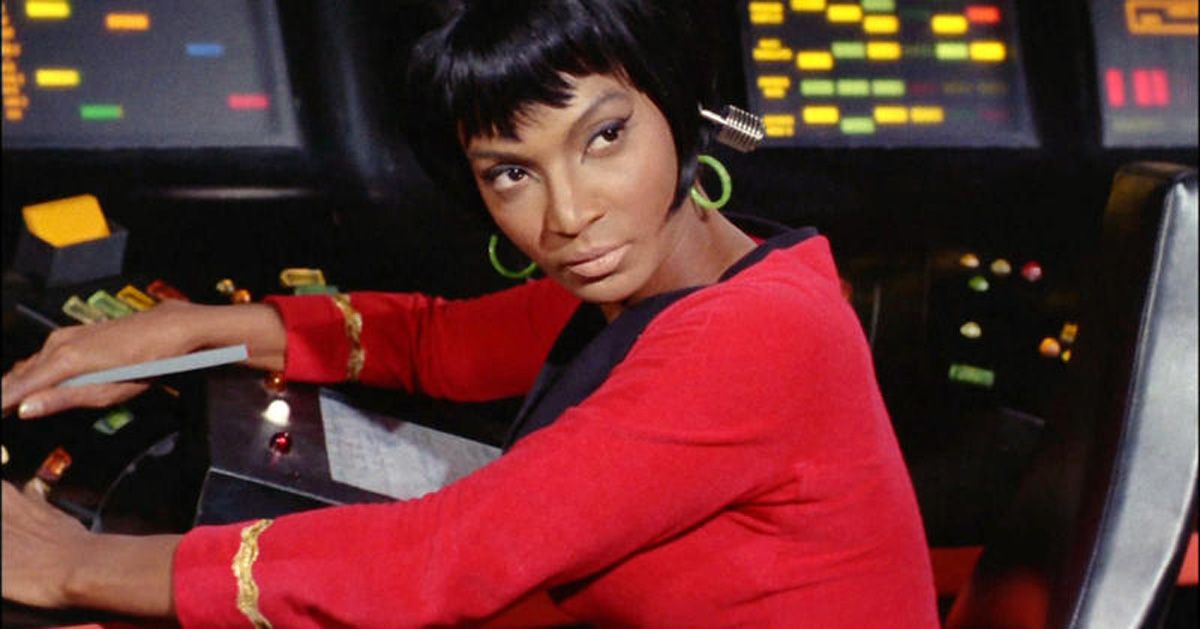 Nichelle Nichols as Uhura in season one of Star Trek in October of 1966. Source: GroovyHistory.comNichelle Nichols is arguably one of the most important television actors ever. As the first Black woman to have a leading role in a television series, Nichols broke racial barriers and stereotypes as Star Trek’s communications officer, Lieutenant Uhura, during the turbulent 1960s. Read the full story. By Clay Rivers I was never a sports fan, let alone a big basketball fan, but I knew of Bill Russell. How could anyone not know that Bill Russell was a multiple NBA champion who was nothing but business about the business of basketball. Russell was all-in for civil rights. He had no patience at all for racial abuse. Despite the love he felt from his Celtic teammates, his relationship with Boston Celtics fans was often openly hostile because of their abject racism. Read the full story.
OHF Magazine Issue No 2: The Baldwin Issue features the work of John Metta, Lecia Michelle, Rebecca Hyman, Sherry Kappel, TM Lankford-MSC, MAT, and William Spivey—as inspired by Baldwin’s “Letter to My Nephew.” Three of the letters are published here at OHF Weekly. The other three are available only in the magazine. This edition is a visual and literary feast. Get your print or digital edition now.
Final Thoughts
|
